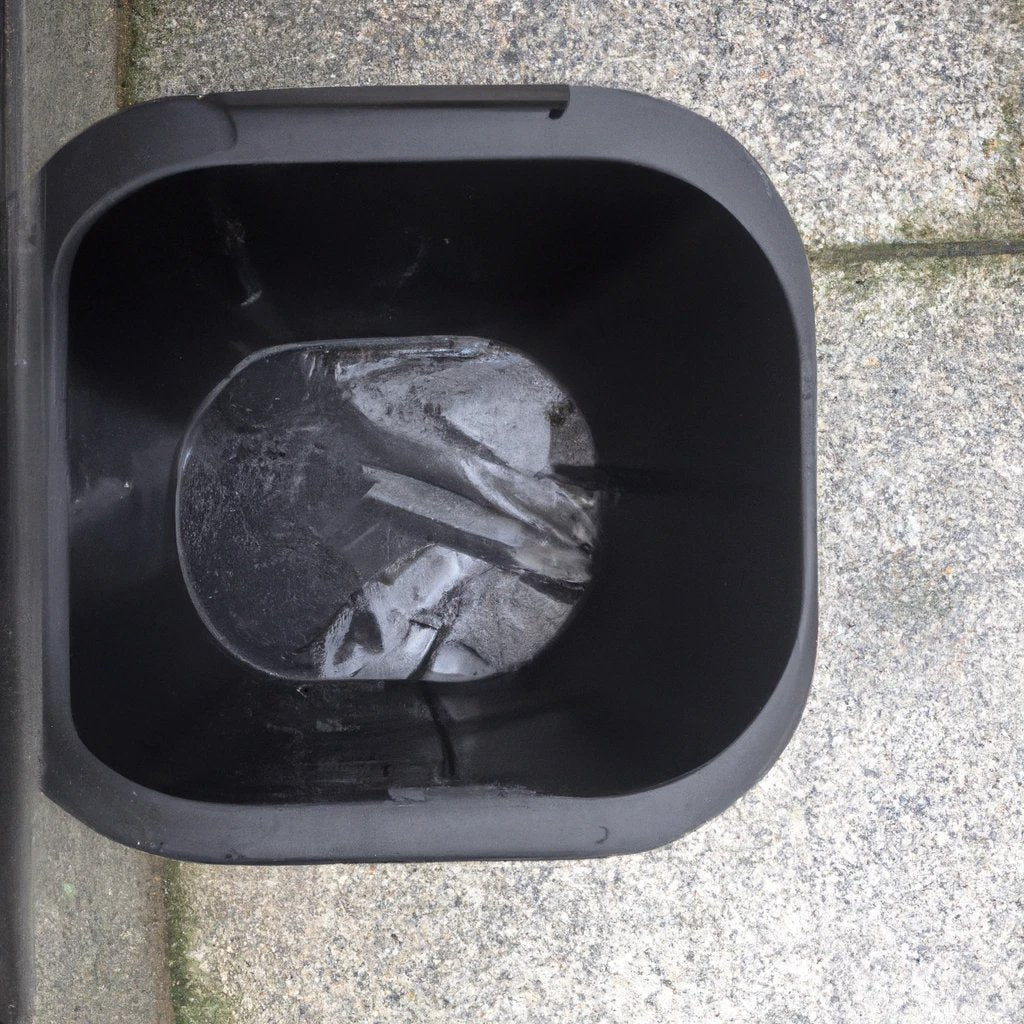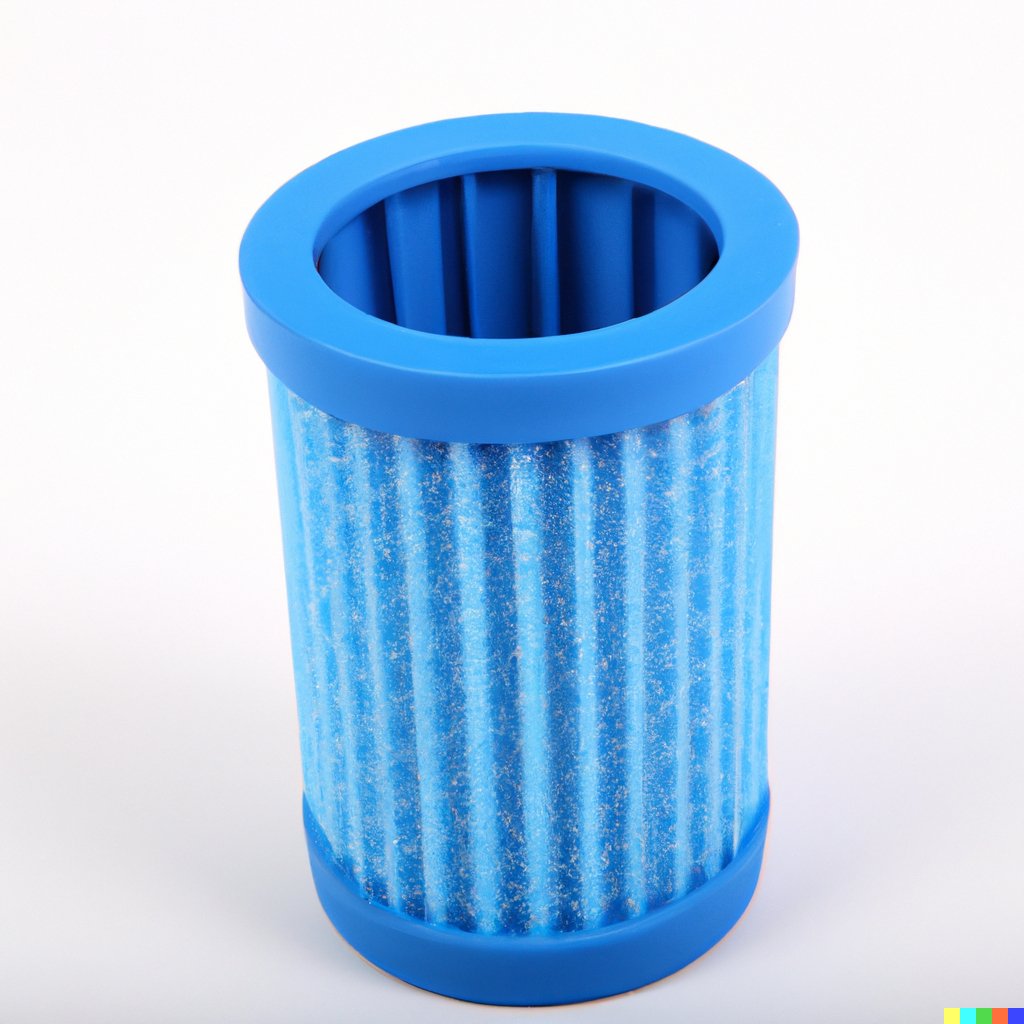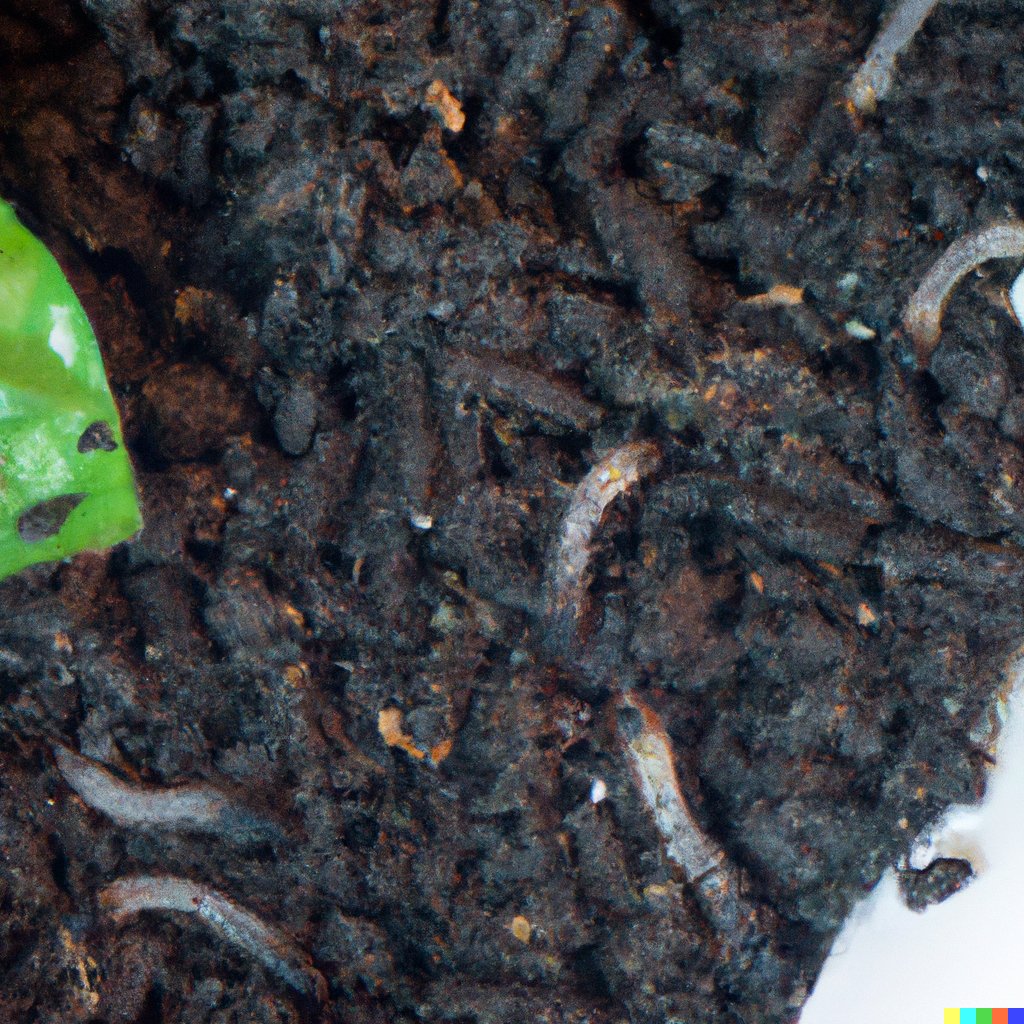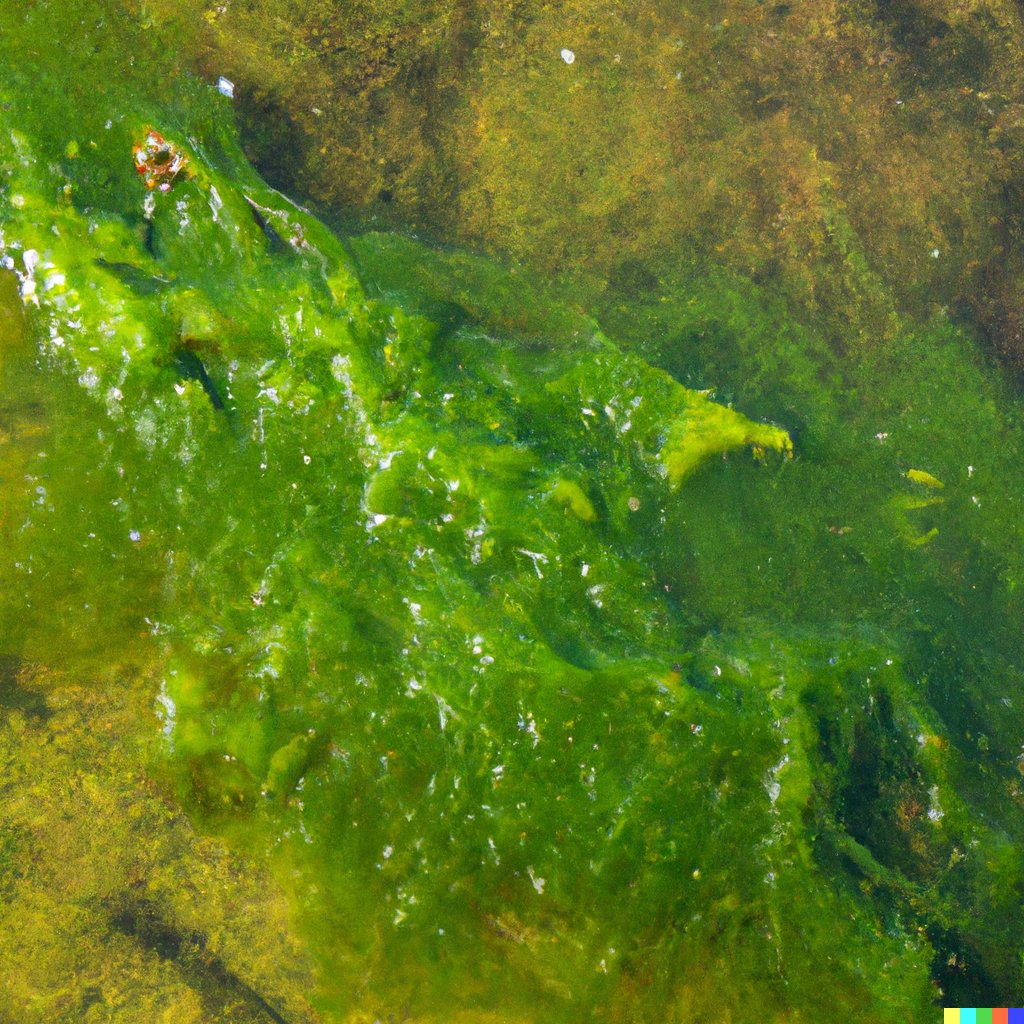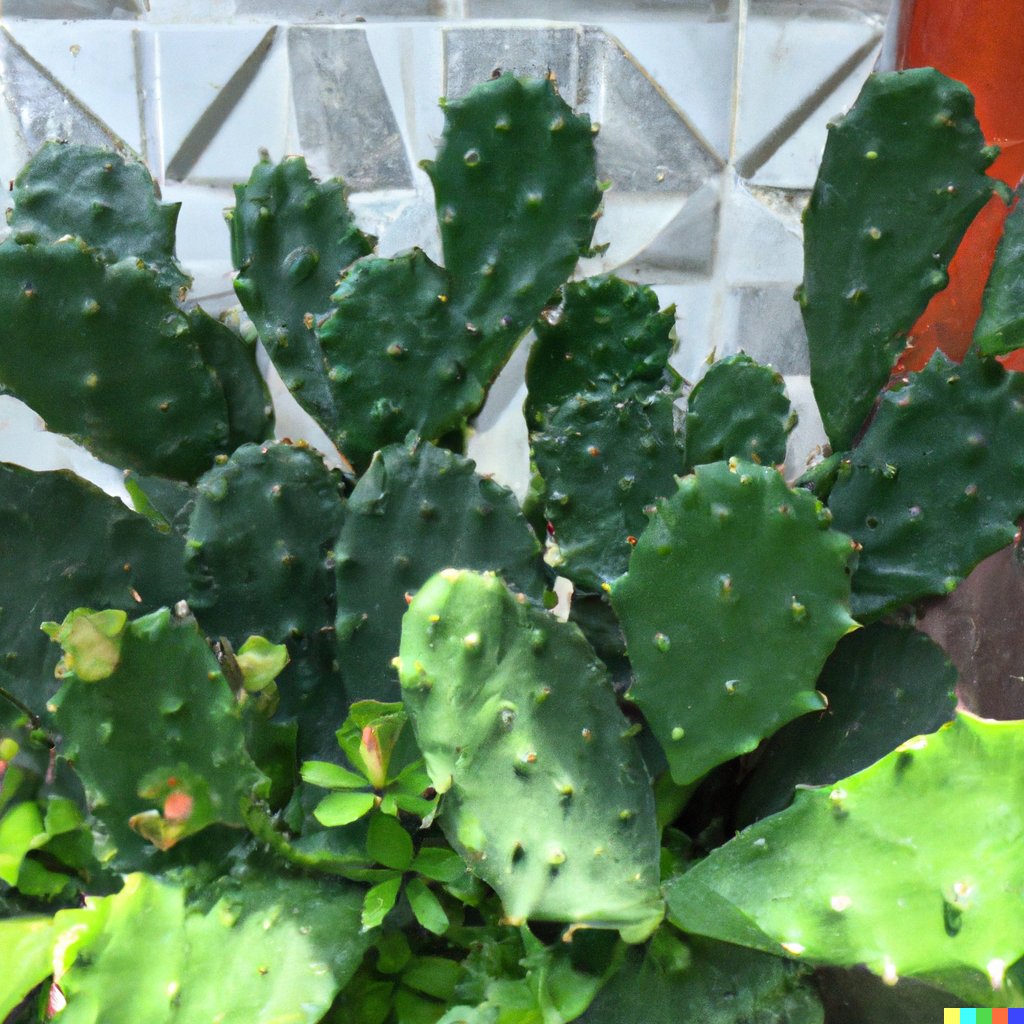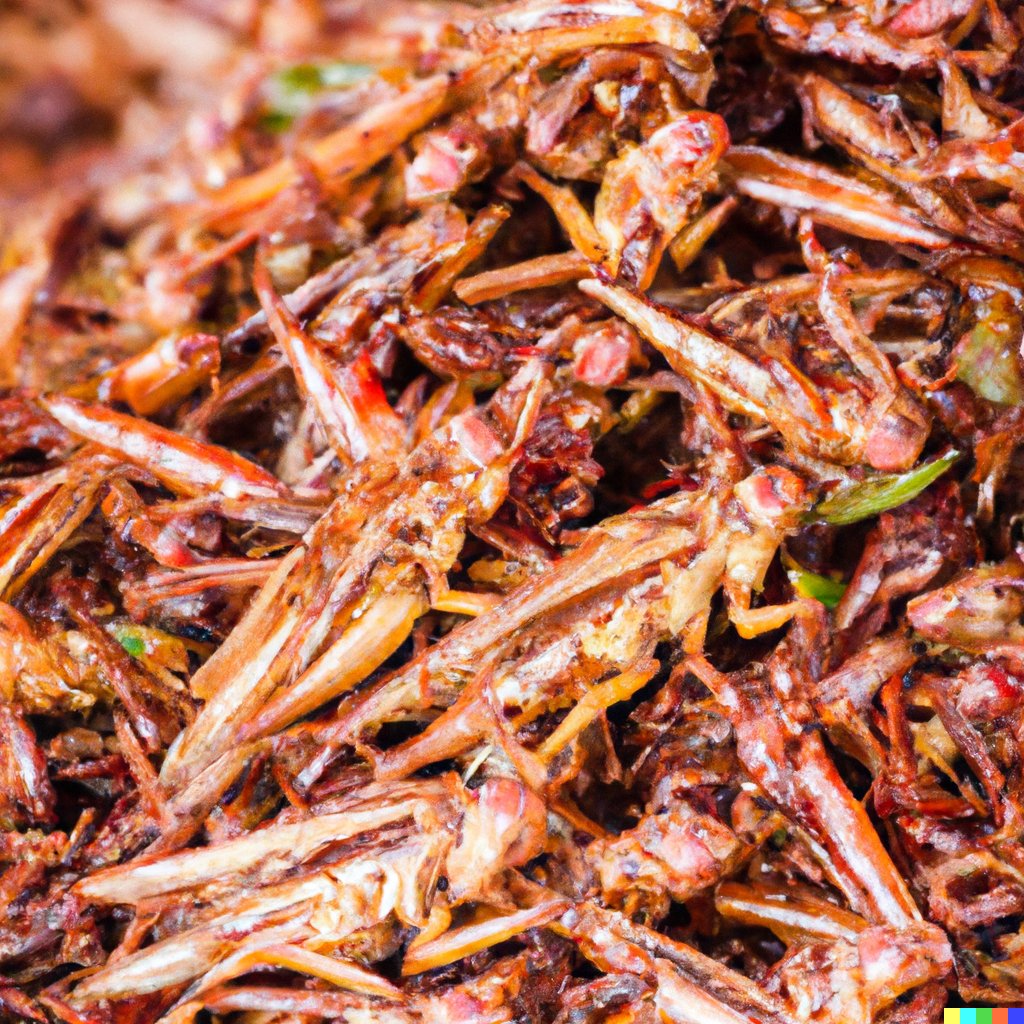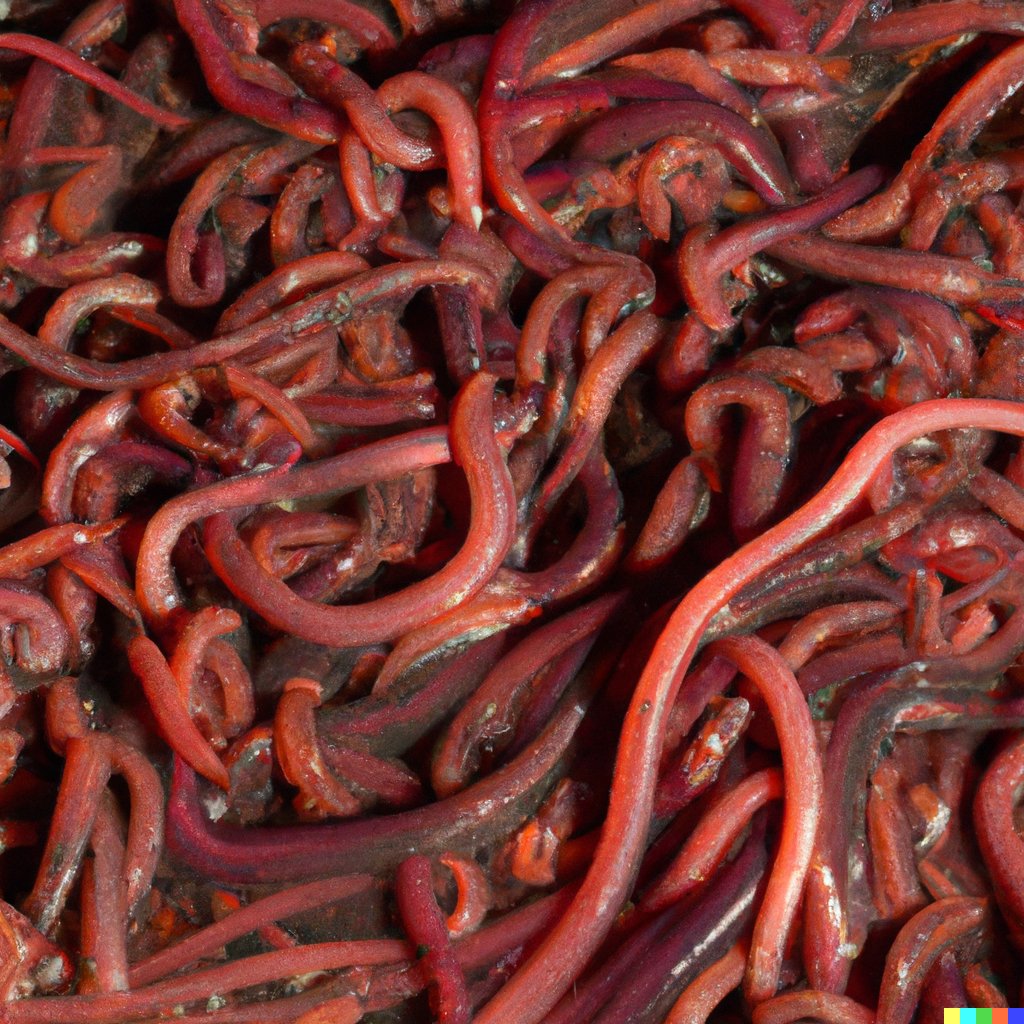
Are you tired of constantly dealing with overflowing trash bins and the negative impact of waste on the environment? Look no further, as the solution might be right in your backyard. The Worm Composter offers a decentralized and sustainable waste management solution for cities, making it an important innovation for the ever-growing concern of managing waste effectively.
*As an Amazon Associate, I earn commission from qualifying purchases made through links in this post.*
| Worm Bin | The Original VermiHut Plus 5-Tray Worm Compost Bin – Easy Setup and Sustainable Design | 101.50$ | https://amzn.to/4f5osdz |
| Worm Factory® 360 Black US Made Composting System for Recycling Food Waste at Home | 149.95$ | https://amzn.to/3NLZQuB | |
| Red Wrigglers | Uncle Jim's Worm Farm Red Wiggler Composting Worms Mix for Garden Soil or Fishing | Starter Pack of Compost Worms Improves Soil Structure and Quality for Healthier Gardens (2000 Count) | 64.95$ | https://amzn.to/4foQBMz |
| Uncle Jim's Worm Farm Red Wiggler Composting Worms Mix for Garden Soil or Fishing | Starter Pack of Compost Worms Improves Soil Structure and Quality for Healthier Gardens (500 Count) | 39.95$ | https://amzn.to/48t4Uxr | |
| Rock Dust | Down to Earth Organic White Azomite Powder for Improving Plant Growth 0-0-0.2, 1 lb | 10.99$ |
|
Introduction to Worm Composting
Worm Composting: A Revolutionary Organic Waste Solution!
Worm composting, also known as vermicomposting, is a sustainable way to manage waste in cities. Red wigglers transform organic waste into nutrient-rich compost at an accelerated rate. No more landfill pollution or greenhouse gas emissions! The end result is high-quality fertilizer with loads of benefits.
- Efficient Waste Management
- Natural Process
- Eco-friendly Solution
- Nutrient-Rich Compost
Worm composting is easily scalable. Households and commercial establishments alike can implement it. Plus, it cuts transportation costs and improves community involvement.
A True History of Worm Composting
Ancient civilizations such as the Egyptians and Greeks used earthworms to improve soil health. It wasn't until recently that vermiculture gained widespread recognition. Now, worm composting is an innovative, eco-friendly way to transform waste into valuable resources.
Delegate your dirty work to creepy crawlies and get the best compost!
Benefits of Decentralized Waste Management
Decentralized Waste Management: Revolutionizing Urban Waste Solutions!
Worm composters are bringing eco-friendly disposal, reduced transportation costs, community engagement, and space-saving solutions to urban areas. Plus, no more odor and pest issues!
High-quality organic fertilizer produced by worm composters supports sustainability and urban agriculture/landscaping projects.
Decentralized waste management allows for flexibilty in scaling up/down operations, and supports circular economy principles.
Pro Tip: Ensure proper maintenance and monitoring of moisture and temperature levels when implementing a worm composter to optimize composting process.
Role of Worms in Organic Waste Reduction
Worms are the key to reducing organic waste. They can eat food scraps and break them down into nutrient-rich castings. These castings can be used as organic fertilizer. Worms also speed up the composting process, reducing the time it takes for organic matter to decompose. Plus, they divert organic waste from landfills, thus reducing greenhouse gas emissions.
Worms also boost soil quality by providing beneficial microorganisms and nutrients. They are also easy to manage, allowing for flexibility in waste management solutions.
The use of worms for organic waste reduction has a long history. Ancient civilizations like Egypt and Mesopotamia practiced vermiculture to manage agricultural waste. Now, its benefits are recognized worldwide, leading to the wide adoption of worm composting methods. Worms truly turn trash into treasure!
Producing Nutrient-Rich Vermicompost
Generating High-Quality Vermicompost!
- Vermicomposting is a natural process that produces compost full of nutrients with the help of worms and organic waste.
- Worms eat decomposing organic matter and create compost teeming with microorganisms, which boosts soil health and encourages plant growth.
- This recycling method not only decreases waste but also provides a sustainable way to make natural fertilizer.
In addition, vermicomposting wards off environmental pollution by diverting organic waste from landfills.
Pro Tip: For the best quality vermicompost, make sure to balance carbon-rich (brown) and nitrogen-rich (green) materials.
The Worm Composter: Transforming trash into treasure, one wriggly critter at a time!
Improving Soil Health and Fertility
Worm composting - a great way to improve soil quality and fertility. Benefits? Soil structure's better, water retention's better, less need for synthetic fertilizers, and crops yield more. Plus, cities can use this method for handling organic waste in an eco-friendly way. It's cost-effective, too!
Pro Tip: Add earthworms to composting bins to kickstart the breakdown process and get nutrient-rich vermicompost. No need for expensive technology - let worms do the work! Find out about the advantages of low-cost, low-maintenance worm composting systems for efficient waste management in cities.
Advantages of Low-Cost, Low-Maintenance Systems
Low-cost, low-maintenance systems can help achieve sustainable waste management. These affordable solutions not only tackle urban waste but also promote an eco-friendly lifestyle. Here are three key benefits:
- Minimal Upkeep: Low-maintenance systems take less time and effort to maintain than traditional methods. Even with no prior knowledge or resources, anyone can incorporate DIY composting options into their daily routine.
- Affordable Composting Solutions: These systems offer an accessible and cost-effective way to manage city waste. Vermiculture or worm composting are simple techniques that reduce organic waste while saving money on landfill disposal fees.
- Urban Farming Accessibility: Low-maintenance systems offer urban residents the opportunity to engage in urban farming and grow their own food in a sustainable manner. Composting produces nutrient-rich soil that nourishes plants, resulting in healthier crops with minimal environmental impact.
These approaches provide individuals the tools and knowledge to adopt eco-friendly lifestyles. By embracing low-cost, low-maintenance systems, communities can work together for a cleaner and greener future. True history trivia: Worm composting dates back centuries! Ancient civilizations like the Egyptians and Greeks recognized earthworms' ability to break down organic waste. This practice continues today and remains an effective method embraced by many. So, want to turn your home into a hive of happiness? Embrace the squirm and start worm composting - nothing says 'I love you, Mother Earth' like a bunch of slimy roommates!
Implementing Worm Composting at Home
Ready to start your sustainable living journey? Follow this 5-step guide to set up a worm composter at home.
- Select a container with drainage, ventilation, and insulation.
- Layer shredded newspaper or cardboard to create a carbon-rich base.
- Introduce red wigglers or tiger worms into the bedding.
- Gradually add kitchen scraps like fruit peels, veggie trimmings, and coffee grounds.
- Keep the composter moist but not waterlogged. Monitor temperature and moisture levels.
Home composting is an effective way to reduce food waste and produce nutrient-rich vermicompost. It's also a great way to divert organic waste from landfills. Worms become the unsung heroes of waste management, turning garbage into gold!
Understanding the Worm Composter Mechanics
Worm Composter Mechanics: Red wigglers - with their voracious appetites - are essential in this composting system which efficiently converts waste.
Unique Details: This waste management alternative produces nutrient-rich compost, reduces landfill waste and is eco-friendly.
Call-to-action: Experience the benefits of worm composting in your city! Convert organic waste into valuable resources while minimizing environmental impact. Don't miss out on this sustainable solution. Why trash your organic waste when worms can turn it into black gold for your garden? Worm composting: nature's way of making garbage glamorous.
Types of Organic Waste for Worm Composting
Worm Composting Materials: Different Types of Organic Waste for Vermiculture.
Food Scraps: Fruit & veg peels, coffee grounds, eggshells & tea leaves.
Yard Waste: Grass clippings, leaves, small branches & plant trimmings.
Paper Products: Shredded newspapers, cardboard & paper towels (avoid colors/glossy).
Animal Manure: Cow/horse manure (avoid carnivore waste).
Wood Ash: Clean wood ash helps balance compost pH.
Avoid Harmful Substances: Meat scraps, dairy, oily food, pet waste, pesticide-treated materials.
Plus, layer the organic waste with shredded newspaper/dry leaves. This regulates moisture & promotes decomposition. And keep turning the compost pile to break down the materials faster.
Vermicomposting has been practiced for centuries. Ancient Egyptians used worms to decompose matter & enrich their farms. Today, it's a decentralized solution for urban areas. Ditch expensive fertilizers & turn your waste into a worm feast!
Using Vermicompost in Urban Agriculture
Tired of the city? Why not try something new? Sustainable farming and urban agriculture might just be the perfect way to bring the farm to you. Trade in your concrete jungle for a compost-filled paradise today!
Sustainable Farming and Urban Agriculture
Table: Sustainable Farming & Urban Agriculture
|
Local Food Production |
✔️ |
|
Urban Ecosystem Benefits |
✔️ |
|
Green Space Development |
✔️ |
|
Food Security Enhancement |
✔️ |
|
Community Gardening |
✔️ |
Sustainable farming and urban agriculture have lots of advantages. These include reducing carbon footprint and using organic farming techniques.
Community gardens emerged during WW2 in response to food shortages. They provided fresh produce and a sense of unity. Nowadays, sustainable farming continues to improve cities around the world.
Also, worms can turn trash into treasure - with guts, grit, and wiggle!
Challenges and Solutions in Vermicomposting
Vermicomposting has its problems which need solutions. To make it work, keeping worms healthy is key. Controlling odor in cities is another challenge.
Table: Challenges and Solutions in Vermicomposting ----------------------------------------------- | Challenge | Solution | ------------------------------------------------- | Optimal conditions | Proper moisture + aeration | | | Use suitable bedding | -------------------------------------------------- | Worm health | Monitor population | | management | Provide proper food source | -------------------------------------------------- | Odor control | Balance carbon-to-nitrogen | | | Manage organic matter | ---------------------------------------------------
Regularly check the worm population and feed them properly. Balance carbon-to-nitrogen and manage organic matter to reduce odors.
Pro Tip: To keep conditions right, water when needed but don't overdo it. Too much water leads to anaerobic conditions. Worms are special because they can turn waste into gold without alchemy!
Educational Aspects of Worm Composting
Worm Composting: An Eco-Friendly Education and Waste Management Awareness Booster!
A table outlining the educational aspects of worm composting provides a great insight. It has columns like:
- Learning Sustainability Practices
- Environmental Education
- Waste Management Awareness
- Community Workshops
- Educational Outreach
Vermicomposting workshops go beyond the traditional classroom setting. Through interactive sessions, individuals gain knowledge about waste management and sustainability. It also encourages responsible behavior when dealing with waste.
The Big Apple Worm Powered Compost Project in NYC is a great example of urban worm composting.
Choose a worm composter and you'll have your own personal army of nature's cleaners. They'll turn your trash into valuable compost while you relax!
Contributing to Environmental Sustainability
Aiding Eco-Friendly Waste Practices
- Utilizing worm composters in urban areas to aid in environmental preservation.
- Reducing greenhouse gas emissions to promote sustainable living.
- Resource conservation through decentralized waste management solutions.
- Creating a circular economy with the use of worm composters.
- Encouraging communities to adopt eco-friendly practices for waste disposal.
- Benefiting cities by reducing the strain on traditional waste management systems.
This solution also helps cities with efficient and adaptable waste management. By implementing worm composters, cities can reduce their waste management problems and work towards environmental sustainability.
Empowering Local Communities
In Vancouver, Canada, a community wanted to increase their sustainable living practices. They installed decentralize worm composters throughout the city, allowing them to easily dispose of organic waste. This initiative not only lowered food wastage but also created a sense of community involvement and environmental consciousness among its residents. The use of these worm composters showed their commitment to sustainable urban living. Who needs a neighborhood watch when you've got worms keeping an eye on your compost?
Encouraging Community Involvement
Empowering Citizen Involvement:
Local environmental projects can prompt citizens to take part in composting their organic waste.
Cooperative Waste Management:
Motivating civic engagement in waste disposal encourages a shared approach. By offering guidance and knowledge on composting, people can collaborate to lessen waste and construct a greener community.
Constructing a Green Community:
Involving inhabitants in waste disposal supports the growth of a green community. When people become actively involved in composting, they build a sense of possession and delight in their ecological efforts.
Citizen Knowledge and Recognition:
Educating the public regarding the advantages of worm composting is imperative to inspiring participation. Highlighting the advantages to urban areas and community members can stimulate citizens to join.
Unique Elements:
Local gardens and farms can use vermicompost generated through worm composting. Worms can convert organic waste into nutrient-rich fertilizer, providing an eco-friendly solution. Residents must identify suitable organic waste materials that can be used for worm composting. By maintaining a healthy worm composter, communities can incessantly produce high-quality vermicompost for a variety of urban gardening needs.
Proposals:
- Present workshops or training lessons on worm composting techniques for interested citizens.
- Set up local collection points where inhabitants can bring their organic waste for community use.
- Implement incentive programs that motivate citizens to get involved in worm composting initiatives.
- Develop educational campaigns through social media platforms to spread awareness about the benefits of vermiculture.
What is a worm composter?
A worm composter is a device that uses worms to break down organic waste and turn it into nutrient-rich compost. It is an eco-friendly and efficient way to manage waste in cities.
How does a worm composter work?
A worm composter works by introducing worms into an enclosed container filled with organic waste. The worms then feed on the waste, breaking it down into compost through their natural digestive process.
Why is a worm composter a decentralized waste management solution for cities?
Traditional waste management systems involve centralized facilities that transport waste from homes to landfills. A worm composter, on the other hand, can be placed in individual homes or communities, reducing the need for transportation and reducing the strain on landfills.
What are the benefits of using a worm composter?
Using a worm composter has several benefits, such as reducing the amount of waste sent to landfills, producing nutrient-rich compost for plants, and helping to decrease greenhouse gas emissions by diverting organic waste from decomposing in landfills.
How long does it take for a worm composter to produce compost?
The time it takes for a worm composter to produce compost depends on several factors, such as the type and amount of waste and the number of worms. Generally, it can take anywhere from 2-6 months for the compost to be ready for use.
Is a worm composter difficult to maintain?
No, a worm composter is relatively low maintenance. It requires occasional feeding and monitoring of moisture levels, but overall, it is a simple and efficient waste management solution for cities.
Conclusion:
Worm composters offer a decentralized and sustainable solution to managing organic waste in urban environments. By adopting this eco-friendly practice, city dwellers can reduce their environmental impact, contribute to soil health, and engage in sustainable agriculture practices. Implementing worm composting not only addresses the challenge of waste management in dense urban areas but also promotes a greener, more resilient urban ecosystem. This approach aligns with the principles of circular economy and sustainable living, making it a valuable tool for cities aiming to become more environmentally conscious and sustainable.







